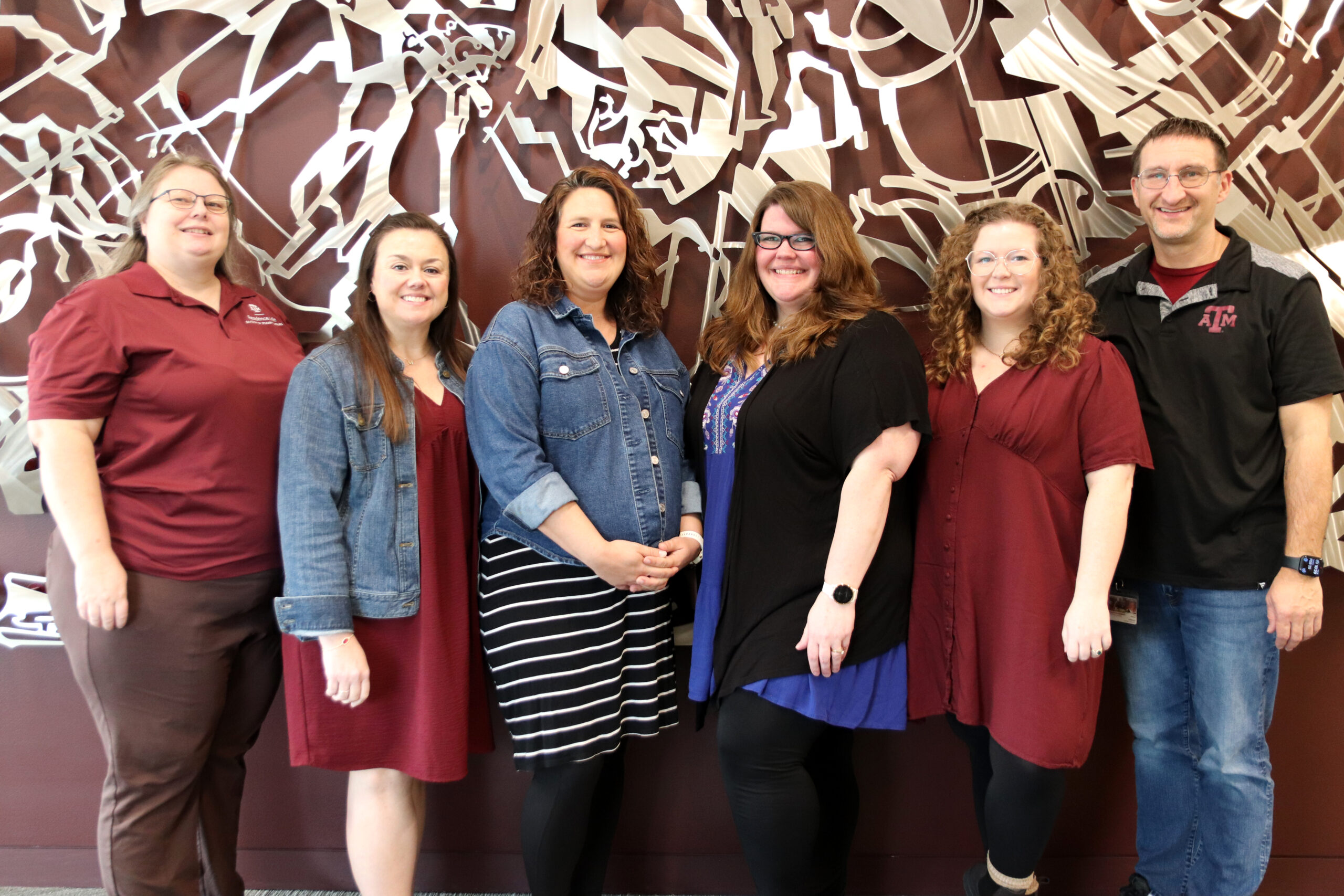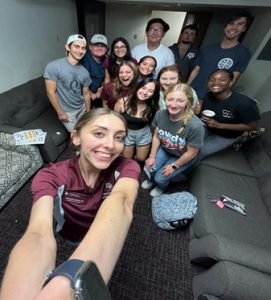Spring break can mean different things to different people. For some it’s a chance to enjoy warm weather and sunshine. For others, it’s about traveling, exploring new places or spending time with family and friends. And for many it’s simply an opportunity to take a break from the routine of classes and recharge. No matter what your spring break looks like it’s a unique opportunity to embrace the wellness benefits spring has to offer—whether that’s outdoor relaxation or fresh energizing food. By spending time outside and fueling your body with seasonal nutrition you can set yourself up for a restorative break that leaves you feeling revitalized and ready to take on the rest of the semester.
Sun, Fresh Air, and Mental Clarity
Spring brings with it a natural invitation to step outside and soak up the beauty of the season. As the days grow longer and the sun shines brighter it’s the perfect time to take advantage of nature’s restorative power.
Here are some of the key benefits of spending time outdoors:
Boosts Vitamin D Levels: Sunlight is a natural source of vitamin D, which plays a vital role in regulating mood improving sleep and strengthening the immune system.
Reduces Stress and Anxiety: Time spent in nature has been shown to lower cortisol levels (the stress hormone) helping to ease mental tension and anxiety.
Increases Creativity and Focus: Being outdoors can help clear your mind improve focus and boost creativity by providing a break from the usual mental clutter.
Improves Mood: Exposure to natural light and fresh air can elevate serotonin levels contributing to a more positive mood and better emotional well-being.
Promotes Mindfulness: Outdoor activities encourage you to be present and aware of your surroundings which helps to reduce mental fatigue and enhance relaxation.
Supports Physical Health: Whether you’re walking biking or engaging in other physical activities time outside encourages movement and promotes overall physical health. By embracing the outdoors you can benefit from both mental clarity and physical rejuvenation—helping you recharge fully during your break.
Spring Produce
In addition to the time you spend soaking up the sunshine spring offers a bounty of fresh nutrient-rich fruits and vegetables to help support your body. Eating seasonal produce not only nourishes your body but also enhances your energy improves digestion and strengthens your immune system—just what you need to stay active and vibrant during break.
Here are a few standout spring foods and the amazing benefits they offer:
Strawberries: These sweet berries are packed with vitamin C an antioxidant that supports immune function fights inflammation and promotes healthy skin. They’re also a great source of fiber which helps digestion and keeps you feeling full longer.
Spinach: Leafy greens like spinach are rich in iron essential for boosting energy levels as well as magnesium which helps relax muscles and reduces stress. They’re also packed with vitamin K to support bone health.
Asparagus: A quintessential spring vegetable asparagus is full of folate and fiber which promote healthy digestion and provide anti-inflammatory benefits. It’s also great for detoxifying the body and reducing oxidative stress.
Radishes: These crunchy peppery vegetables are high in vitamin C which supports immune function and skin health. Radishes also contain potassium which helps maintain healthy blood pressure levels.
Peas: Fresh peas are rich in vitamin C and fiber making them a great choice for boosting immunity and improving digestive health. Their natural sweetness also makes them an enjoyable addition to any meal. By eating these seasonal foods while enjoying time outside you’re supporting both your mental and physical health—ensuring that you return to school feeling refreshed and recharged.
Safety First: Protect Yourself During Spring Break
While spring break is an exciting time to relax and unwind it’s important to stay mindful of your safety. Here are a few essential tips to keep in mind:
Sun Protection: While soaking up the sun is beneficial for vitamin D protect your skin by using sunscreen with at least SPF 30. Reapply every two hours and wear protective clothing or a hat to shield your skin from harmful UV rays.
Hydrate: Spring break can often involve outdoor activities so make sure to drink plenty of water to stay hydrated. Dehydration can lead to fatigue headaches and decreased mental clarity so aim to drink at least 8 glasses of water per day especially if you’re spending time in the sun.
Travel Safety: If you’re traveling be mindful of your surroundings. Always keep your belongings secure stay in well-lit areas and share your plans with a friend or family member in case of an emergency.
Pacing Yourself: Whether you’re enjoying social gatherings or indulging in your favorite foods remember to pace yourself. Rest is just as important as fun—take breaks get plenty of sleep and allow yourself time to recharge. As you embrace the joys of spring break remember that it’s a time to nourish both your body and mind. By spending time outdoors soaking up the sun and enjoying fresh seasonal foods you can recharge in ways that will leave you feeling restored and ready to take on the rest of the semester. Whether you’re relaxing, traveling or reconnecting with loved ones make sure to prioritize your health and safety so that your spring break is as enjoyable and revitalizing as possible. Take this opportunity to reset reenergize.





